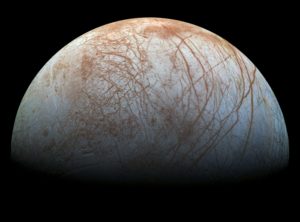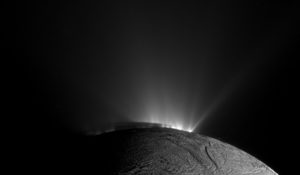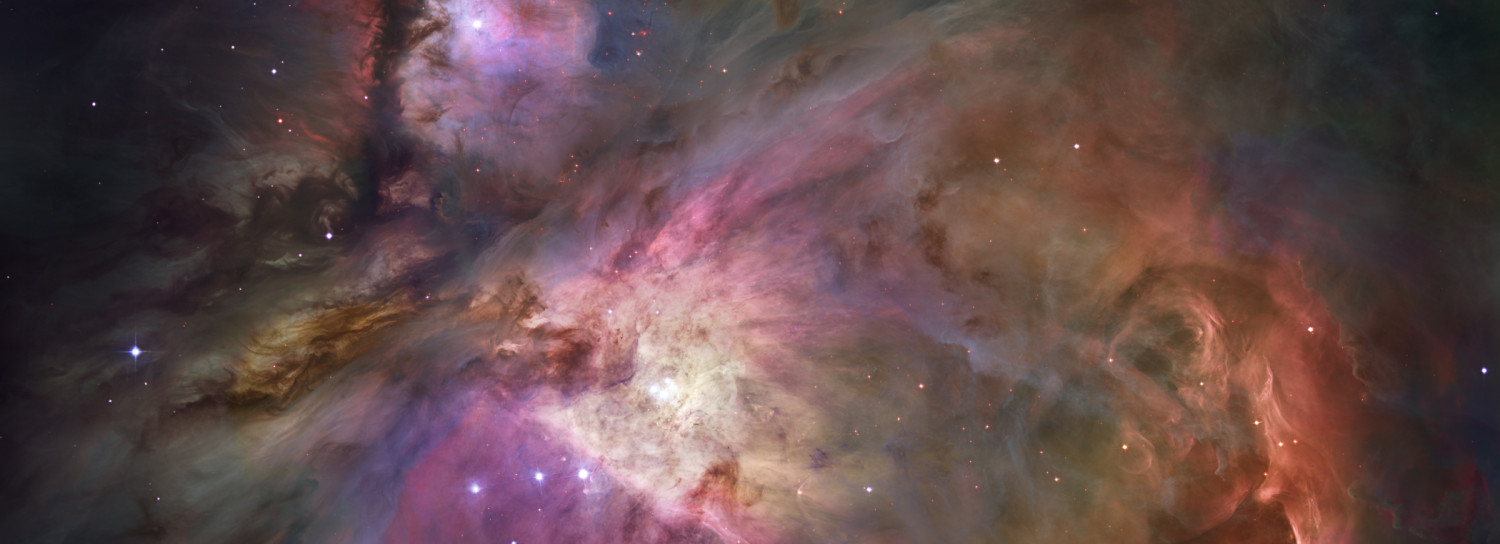“The search for life’s origins, evolution, distribution, and future in the universe.”
One phrase, a small group of words forming a short sentence in a 58 page bill. Yet that short sentence may have given our nation, and the world’s leading space agency, a much needed focus. In other words, NASA may have just gotten it’s mojo back.
I wrote a few months back about how we, as a nation, needed a vision. Needed a set of priorities for the country to rally around. On September 12, 1964, President John F. Kennedy was the last person to establish a national goal of this sort, in an address delivered at Rice University. (https://youtu.be/lCcQ_UfPGqM) “We choose to go to the Moon! …We choose to go to the Moon in this decade and do the other things, not because they are easy, but because they are hard; because that goal will serve to organize and measure the best of our energies and skills, because that challenge is one that we are willing to accept, one we are unwilling to postpone, and one we intend to win.” While I would have preferred a grand speech, with the stirring oration skills that Kennedy had, I consider us fortunate at all that anyone had the foresight to put anything like this into NASA’s authorization act.
During the 1960’s we were of course were knee deep in the Cold War, with numerous flash points already dodged and more yet to be faced. We were also embroiled in a Space Race with the U.S.S.R., one that while built on a foundation of military spending an technology, had critical elements in civilian science and research. NASA was established, in part, to win this race. Kennedy was not just speaking of the challenge, or of the fact that doing these things were hard, he was speaking of a goal to beat the Soviets. Still, there was no real incentive to spend the money beyond national pride — we already had the tech to destroy Russia if we choose to do so, and by the time Apollo was ready to fly, we knew that the Soviets were far behind us, despite spending much of the first half of the race in the lead. So why did we continue?
Because it WAS a challenge, and it WAS hard. And also, at our core, humanity is a species of explorers. A species born of the need to travel, to climb the next hill, and wade across the next stream. Eventually, to cross oceans in nothing bug dug outs, and finally, only 200,000 years after we had evolved and not even 70 years after we first flew in powered aircraft, to land on another planetary body. Kennedy didn’t live to see the accomplishment, but it was his vision, his goal, that got us there. We united behind his words and made the impossible possible.
“The search for life’s origins, evolution, distribution, and future in the universe.”
Will these words have the same impact, without a Cold War to wage, and without a Space Race to win? Maybe not on a national level, even if we actually ARE in a Space Race with China, India and a few other nations. Beyond a national vision and goal, however, one other thing was provided for in the goal laid out by JFK. A specific goal and mission for NASA. Despite great success for the space agency over the four plus decades since Apollo, there hasn’t been a unifying mission or goal. Yes, they flew the Space Shuttle, they launched some great robotic probes and helped build the long overdue International Space Station. None of the authorizations until now, however, have laid out anything remotely like a strategy, a mission, for NASA.
They now have such a charge.
Despite the bill being signed into law back in March, and only being 58 pages long, I had failed to read it yet. This morning, The Atlantic magazine release a near perfect summary of this new mission. (https://www.theatlantic.com/science/archive/2017/06/how-a-few-words-could-transform-the-universe/530001/)

You see, the universe around us, and even our own solar system, may be awash with life. Likely is awash with life. Not only do we have an unmatched (as yet) success story here on Earth, but two planetary moons, Jupiter’s Europa and Saturn’s Enceladus both have liquid water. And

orbital and land based observatories have discovered hundreds of planets orbiting starts outside of our system. So many, in fact, that it is thought that most of the stars out there might have at least one planet orbiting them. Life, marvelous life, has probably evolved elsewhere, and more than once.
It is now NASA’s mission to find it. It is OUR mission to find it.
And that future part? That involves the only known life to develop the ability to set goals and priorities. The only know species to develop the ability to leave their home planet, to explore nearby space, and eventually, the universe. That OUR mission. Not just to find life that is out there, but to preserve our own, in part by expanding outwards. We have targets in mind already. Mars and Titan (another moon of Saturn) amongst others. We have the ability to develop the tech we need to fully explore our solar system in our lifetimes. This, combined with the fight to restore our own world to balance, is OUR mission.
“The search for life’s origins, evolution, distribution, and future in the universe.”
We are one of the only nations with the resources and skill set to make this happen. And yet we can’t do it alone. We should NOT do it alone. Russia, China, India, Europe, Japan, Canada all have robust space programs. Together, we can pool our resources. Focus in on the goal of confirming that we are not alone in the universe. Colonize Mars and beyond. Mine the riches of the asteroids and Titan. Eventually, launch probes and human craft to the star systems beyond. A United Earth, versus a fractured one, would be a turning point for our species.
We have the ability to do it. The only question is if we can summon the will.
We have a mission. Let’s go see what, or who, is out there.
